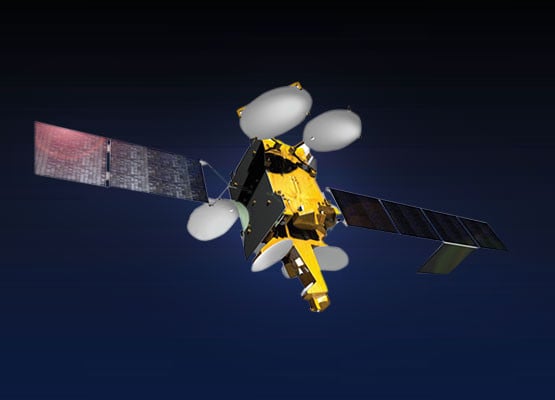(Sports Correspondent: Imran Sohail)
Pakistan’s Space Program Reaches New Heights: From Broadband Expansion to Lunar Orbit
September 19, 2025
Pakistan’s space program has undergone a remarkable transformation between May 2024 and July 2025, achieving milestones that were once thought distant dreams. According to Planning Minister Ahsan Iqbal, these developments are no longer symbolic but “functional, practical and central to the national development strategy.” His remarks came after the successful launch of four satellites under the National Space Programme 2047.
Major Achievements in Just One Year
Within a year, Pakistan:
-
Deployed PakSAT-MM1, boosting national broadband capacity.
-
Launched its first indigenous remote sensing satellites (PRSC-EO1 and PRSC-S1) with China’s support.
-
Entered lunar orbit with the launch of its first CubeSat, iCube-Qamar, aboard China’s Chang’e 6 mission.
These back-to-back launches mark Pakistan’s most significant progress since the Rehbar-I satellite in 1962.
Why These Satellites Matter
The new satellites are designed to tackle real national challenges:
-
PakSAT-MM1 helps bridge the digital divide in underserved regions.
-
PRSC-EO1 provides data for precision farming, irrigation planning, crop forecasts, and urban mapping.
-
PRSC-S1, launched in July 2025, can capture imagery through cloud cover and at night, making it invaluable for early flood warnings and disaster response.
Together, they support food security, water resource management, infrastructure planning, and climate resilience — areas where Pakistan faces urgent challenges.
Expanding Horizons: From Earth to the Moon
Pakistan has also made bold moves into deep space exploration. The CubeSat iCube-Qamar symbolized Pakistan’s ambition to explore beyond Earth’s orbit. In the coming years, Pakistan will:
-
Develop a lunar rover for China’s 2028 Chang’e mission.
-
Send astronauts to China’s Tiangong Space Station in 2026, becoming the first foreign crew to conduct experiments alongside Chinese astronauts.
Building Capacity at Home
While critics argue that Pakistan is too dependent on China, the reality is more nuanced. Islamabad is following a dual-track strategy:
-
Leveraging cooperation with China for rapid progress.
-
Building indigenous expertise in satellite design, ground systems, and data analysis.
This approach ensures Pakistan can absorb advanced capabilities while gradually strengthening its own space industry.
The Road Ahead
For Pakistan’s space ambitions to succeed long-term, sustained investment in education, research, and innovation hubs is crucial. Expanding space science programs in local universities, funding PhD scholarships abroad, and supporting the National Aerospace Science and Technology Parks (NASTPs) will help nurture homegrown talent.
At the same time, Pakistan can adopt a public-private “Space-as-a-Service” model. By working with domestic and international space firms, the national space agency could provide value-added services such as:
-
Crop risk assessments for insurers.
-
Logistics tracking for businesses.
-
Flood monitoring and disaster alerts for provincial governments.
This could transform space from a cost center into a revenue-generating sector, supporting both public services and private markets.
Looking to the Future
A decade from now, when Pakistan’s lunar rover beams back images from the Moon’s surface, these recent achievements will be remembered as the foundation of a carefully planned strategy — one that combines international collaboration, local capacity building, and long-term vision.
The real challenge for policymakers will be sustaining this momentum against financial pressures and systemic underinvestment. If Pakistan can overcome these hurdles, it will secure a lasting place in the global space race.

